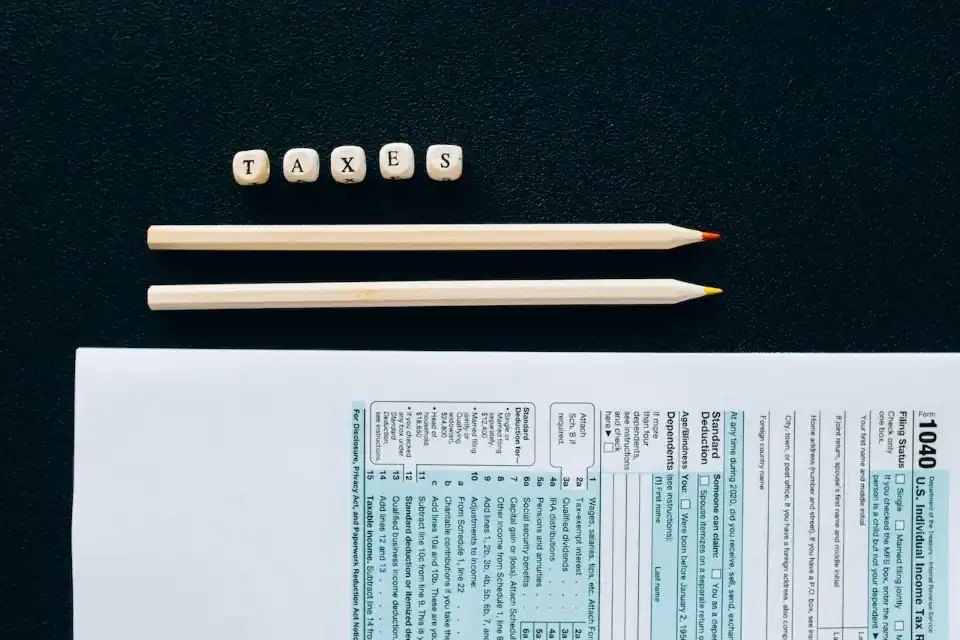
What Are Standard Deductions In Income Tax
June 1, 2023When it comes to filing income tax returns, understanding standard deductions is essential. Standard deductions play a significant role in reducing your taxable income, potentially lowering your overall tax liability. In this article, we will delve into the definition of standard deductions in income tax, explore their benefits, and provide answers to popular FAQs. By the end, you’ll have a comprehensive understanding of this critical aspect of income tax.
Understanding Standard Deductions in Income Tax:
Standard deductions in income tax refer to a predetermined amount set by tax authorities that taxpayers can deduct from their taxable income. These deductions are available to all eligible taxpayers, regardless of their specific expenses throughout the year. The purpose of standard deductions is to simplify the tax filing process and provide a baseline reduction in taxable income.
Benefits of Standard Deductions:
Simplified Tax Filing Process:
Standard deductions offer a simplified approach to tax filing, especially for individuals with straightforward financial situations. Instead of itemizing each expense, taxpayers can opt for the standard deduction and avoid the hassle of documenting individual expenses. This saves time and effort during tax preparation.
Reduction in Taxable Income:
By claiming standard deductions, taxpayers can reduce their taxable income. Lowering taxable income directly affects the amount of tax owed, potentially resulting in significant tax savings. The higher the standard deduction amount, the greater the reduction in taxable income.

Photo: Pexels
FAQs:
What exactly are standard deductions?
Standard deductions are predetermined amounts set by tax authorities that individuals can deduct from their taxable income without itemizing specific expenses. These deductions act as a baseline reduction and simplify the tax filing process for taxpayers.
How do standard deductions differ from itemized deductions?
Standard deductions are fixed amounts available to all eligible taxpayers, while itemized deductions require individuals to detail and provide evidence of specific expenses, such as mortgage interest, medical expenses, and charitable contributions. Taxpayers must choose either standard deductions or itemized deductions, depending on which option is more beneficial for their financial situation.
Can everyone claim standard deductions?
Most taxpayers are eligible to claim standard deductions. However, certain situations, such as being claimed as a dependent on someone else’s tax return, may affect the eligibility to claim standard deductions. It is crucial to review the specific eligibility criteria set by tax authorities or consult a tax professional for personalized advice.
Are standard deductions the same for all filing statuses?
No, standard deductions vary based on filing statuses. Filing statuses include single, married filing jointly, married filing separately, and head of household. Each filing status has a different standard deduction amount. It is important to check the latest guidelines or consult a tax professional to determine the appropriate standard deduction amount for your filing status.
Are standard deductions subject to change?
Yes, standard deductions are subject to change each tax year. Tax authorities periodically review and adjust these deductions to account for inflation and changing economic conditions. It is crucial to stay updated with the latest tax guidelines or consult a tax professional to ensure accurate information.
Conclusion:
Understanding standard deductions in income tax is essential for maximizing tax savings and simplifying the tax filing process. By comprehending their definition and benefits, taxpayers can make informed decisions regarding standard deductions. Whether opting for standard deductions or itemized deductions, individuals can strategically reduce their taxable income and potentially lower their overall tax liability. Stay informed, consult reliable resources, and consider seeking professional advice to optimize your tax planning and financial well-being.


